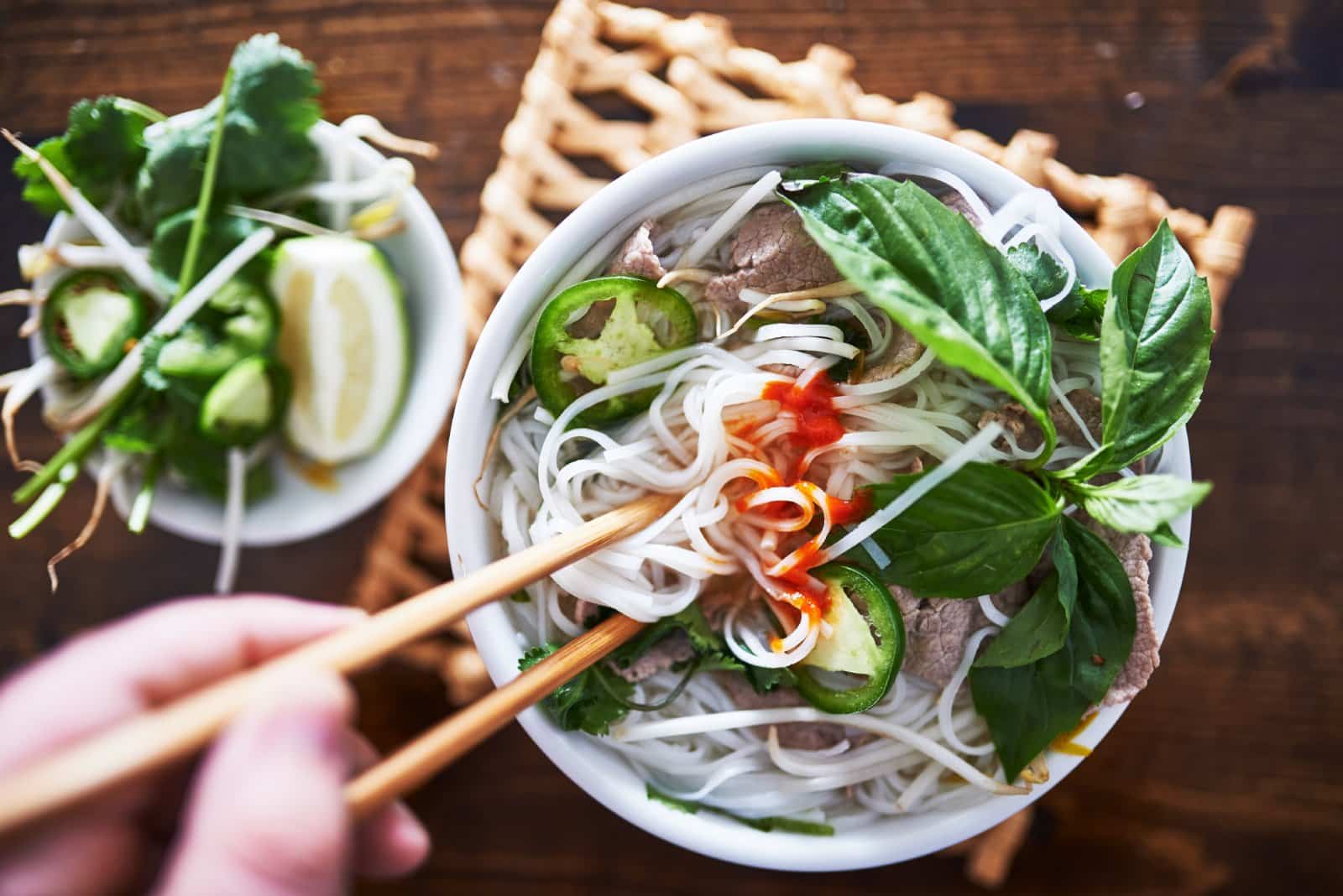Encouraging Your Partner to Embrace Their Neurodivergent Identity
Supporting your partner through the process of seeking a neurodivergent diagnosis can be crucial for their well-being and your relationship. Here’s how you can encourage and support your partner in taking this important step.
1. Educate Yourself

Start by learning about neurodivergence and its various forms, such as ADHD, autism, dyslexia, and more. Understanding the signs, symptoms, and impacts can help you have informed conversations with your partner. This knowledge will also enable you to approach the topic with sensitivity and empathy.
2. Create a Safe Space

Ensure that your partner feels safe and comfortable discussing their concerns with you. Be an active listener, showing empathy and understanding without judgment. Let them know that their feelings and experiences are valid and important.
3. Share Your Observations Gently

If you’ve noticed behaviors or challenges that might indicate neurodivergence, share your observations in a gentle and supportive manner. Focus on specific examples and express your concern out of love and care rather than criticism.
4. Highlight the Benefits of Diagnosis

Explain the potential benefits of getting a diagnosis, such as access to appropriate resources, tailored strategies for managing challenges, and improved self-understanding. Emphasize that a diagnosis can be a positive step towards enhancing their quality of life.
5. Offer to Assist with Research

Help your partner research professionals who specialize in neurodivergent diagnoses. Offer to assist in finding reputable sources, setting up appointments, and gathering necessary information. This can make the process less daunting and more manageable.
6. Be Patient and Respect Their Pace

Understand that seeking a diagnosis can be a significant and sometimes overwhelming decision. Be patient and respect your partner’s pace, giving them the time they need to process the idea and feel ready to move forward.
7. Share Personal Stories or Resources

If you know someone who has benefited from getting a diagnosis or have read helpful articles and books, share these resources with your partner. Personal stories and expert insights can provide reassurance and perspective.
8. Encourage Professional Support

Suggest that your partner talks to a mental health professional or counselor about their concerns. Professional guidance can be invaluable in navigating the diagnostic process and addressing any emotional or psychological barriers.
9. Normalize Neurodivergence

Reiterate that neurodivergence is a natural variation of the human experience and not something to be ashamed of. Normalize discussions about mental health and neurodiversity in your relationship to reduce stigma and promote acceptance.
10. Provide Continuous Support

Let your partner know that you will support them throughout the entire process, from initial discussions to post-diagnosis adjustments. Continuous support can make a significant difference in their willingness to seek and embrace a diagnosis.
Ready to Support Your Partner?

Encouraging your partner to seek a neurodivergent diagnosis is a journey that requires patience, empathy, and support. Which steps will you take first to help your partner feel understood and supported in this important process?
Not All Tea Is Good for You: List of Teas to Avoid and to Stick To

Not all teas are healthy and some might actually harm your health with poor ingredients. But how can you tell the good from the bad? This guide aims to help you make informed choices without turning you into a tea expert overnight. Not All Tea Is Good for You: List of Teas to Avoid and to Stick To
America’s Spiritual Revolution: Turning Away from Christianity to Embrace Alternatives

As church attendance declines, Americans are exploring diverse spiritual paths, from stargazing druids to unconventional deities like Wi-Fi gods and extraterrestrials. Explore the quirky and sometimes controversial new religions capturing attention as people seek meaning beyond traditional Christianity. America’s Spiritual Revolution: Turning Away from Christianity to Embrace Alternatives
25 Must-Try Global Delicacies

From Bangkok’s bustling streets to Parisian cafes, every corner of the world offers something special for your taste buds. And you don’t have to travel far; even in the USA, you can find a world of flavors. Here are 25 global delicacies every foodie should try, including some local favorites! 25 Must-Try Global Delicacies
Featured Image Credit: Shutterstock / fizkes.
For transparency, this content was partly developed with AI assistance and carefully curated by an experienced editor to be informative and ensure accuracy.






